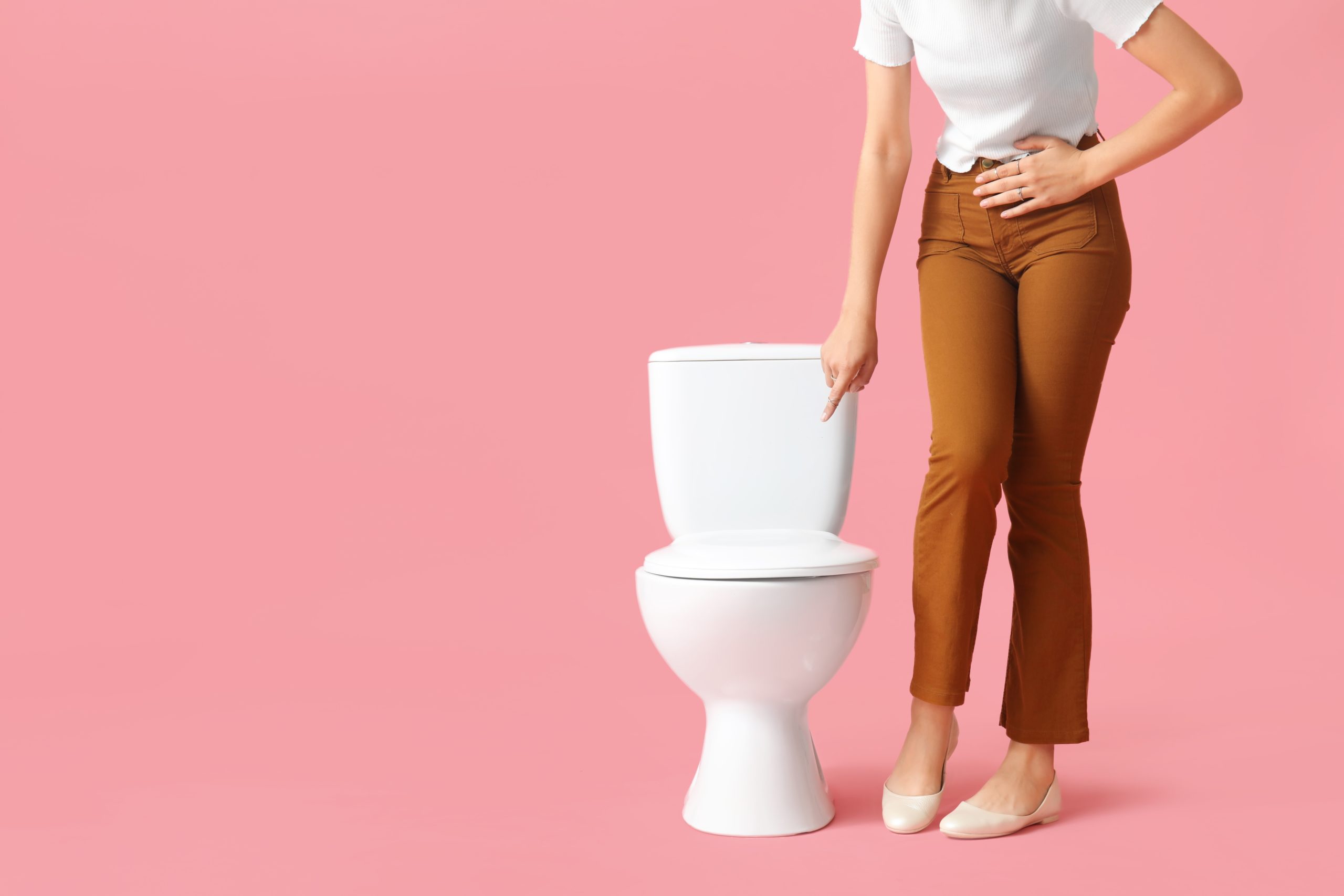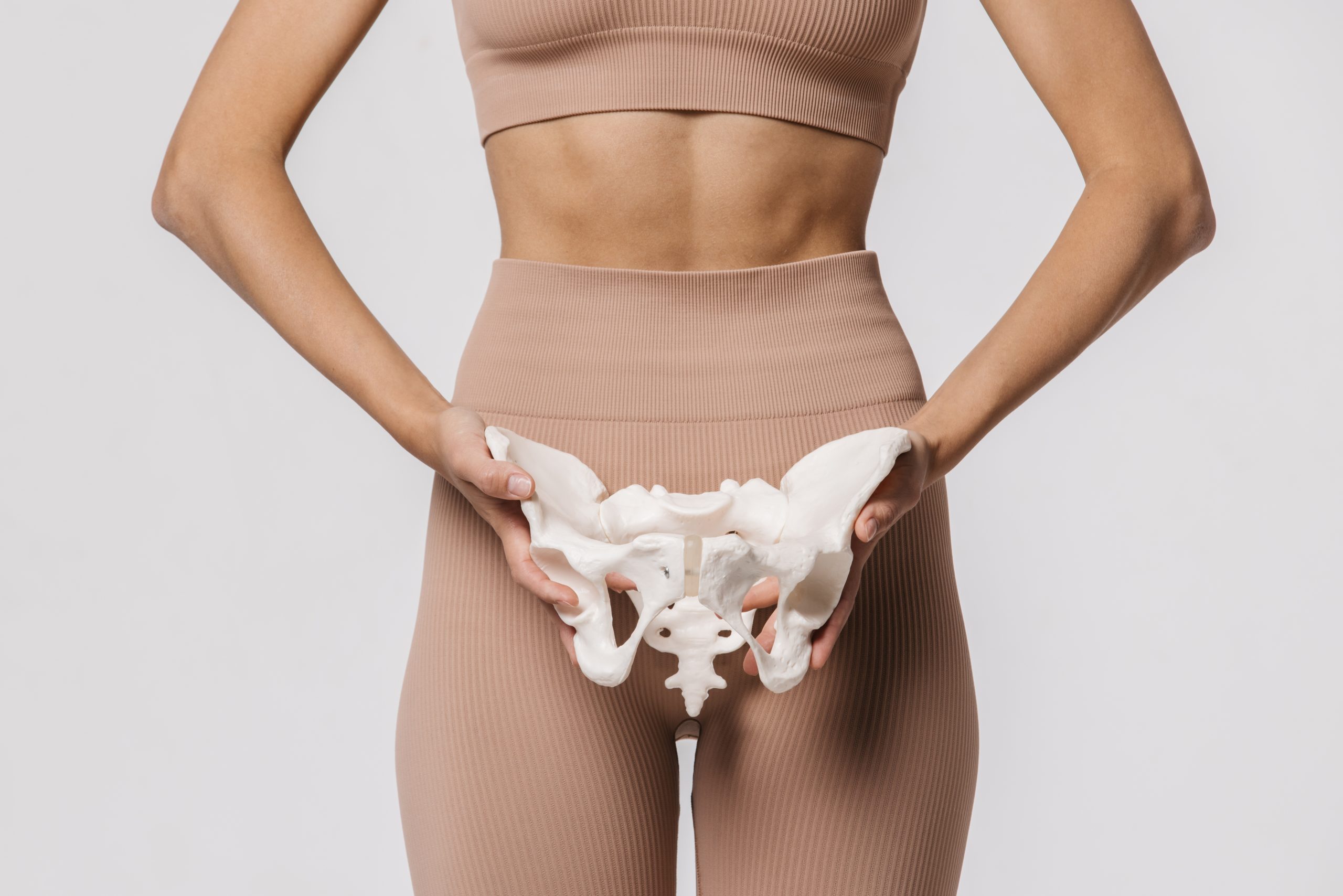
Common Symptoms of Mild Uterine Prolapse and How to Manage Them
A study found that uterine prolapse becomes more likely in women with a BMI of 25. This condition is also more likely if you have a connective tissue disorder.
Mild uterine prolapse is something that many women may be at risk of. This is one of the many conditions that women have to worry about specifically.
This is why getting a regular pelvic exam is important. These exams can help women to stay on top of their health and know when something is irregular.
Keep reading to find out what the symptoms of mild uterine prolapse are.
What is Mild Uterine Prolapse?
Uterine prolapse is something that happens to the pelvic floor muscles and ligaments. This happens when these muscles and ligaments stretch and become weakened.
When this happens, they are no longer able to support the uterus like they need to. The result of this is the uterus will slip down out of its position.
It may then start to protrude out of the vagina, causing problems. This is more of a risk for women after they have gone through menopause.
It is also more likely to occur in women who have had at least one vagina delivery. Mild uterine prolapse is not as severe, but it still has plenty of symptoms that occur.
This can be very irritating and disrupt your day-to-day life.
Common Mild Uterine Prolapse Symptoms
There are some mild uterine prolapse symptoms that women should be aware of. Understanding these symptoms can help you to identify the problem.
If you start to notice any of these symptoms, you should talk to your pelvic doctor. They will be able to give you a diagnosis and treatment plan.
Heavy Sensations
One common symptom is a heavy feeling in your pelvis. This may also feel like there is a pulling in your pelvis that is pulling something down.
This can be very uncomfortable and may even become a bit painful. One way to counteract this is to try to trick gravity.
Instead of standing upright, which often worsens the symptoms, try laying down. Lay down on the floor with something elevating your pelvis above the ground.
You can do this with workout gear, a pillow, or a rolled-up blanket. You can also try this position with your legs resting over a chair or stool.
Incontinence
One of the more unpleasant uterine prolapse symptoms is bladder leaks. This is referred to as incontinence where you aren’t able to hold in urine as you should.
Urine may drip when you have stood up from the toilet. Or you may leak a little if you laugh or move it too quickly.
There are some ways that you can try to solve this problem. One way is to breathe deeply and count your breaths.
Being mindful and staying present can help to alleviate the anxiety around incontinence. You can also work with a pelvic floor physical therapist to learn exercises to strengthen your pelvic floor muscles to minimize or avoid leakage.
Difficulty Passing Stools
Some women who have problems with their vagina wall, struggle to go to the bathroom. Bowel movements can be very difficult, and you may need to press your vagina to encourage them.
You should make sure you are drinking plenty of fluids to help with dryness. Also, eat plenty of fiber to help your bowel movements move faster.
If you become constipated, talk to your doctor about different medication options. There are plenty of over-the-counter options that can be helpful as well.
Back Discomfort
You may experience pain or discomfort in your lower pelvis and lower back. This can often feel like an achiness or a pulling sensation.
To alleviate this discomfort, you can try laying on the floor with your pelvis elevated. You can do this to rest, or you can do this to practice gentle exercises.
Exercising your body is a great way to alleviate some pain and stiffness. If you are achy, you may be sitting stiffly or clenching your thighs.
Try to stay flexible and warm up your body to reduce some of these feelings.
Sexual Concerns
Other symptoms include seeing or feeling like there is tissue coming out of your vagina. This is a more severe symptom that can happen if the uterus is pulling down.
You may also feel as though your vagina tissue is loose. These are all things that can create sexual discomfort and make you feel afraid of sexual intercourse.
The important thing to do is to talk to your doctor as well as your sexual partner. Be clear and upfront, discussing your fears and what you are self-conscious about.
Feelings of Having to Urinate
Some women also experience the feeling of having to constantly urinate. This can even feel like an overactive bladder where you never empty your bladder.
The reality is that you never empty your bladder when you go to the bathroom. The bladder is designed to hold a lot of urine, so you won’t empty it in one bathroom visit.
You may need to limit how many times you can urinate in a day to control these sensations. The more you ignore them, the less the sensations will have power over you mentally.
Mild Uterine Prolapse: Symptoms and Treatments
If you have mild uterine prolapse, you will want to understand the symptoms. There are several symptoms as well as actions you can take to try to control them.
Do you want to talk to a urogynecologist about your symptoms? Contact us today at Peter M. Lotze, MD, to book an appointment.
Connect With Us
Follow us on Facebook and Instagram @PeterMLotzeMD for health and wellness tips and more! Be sure to check our blog regularly for new posts.



